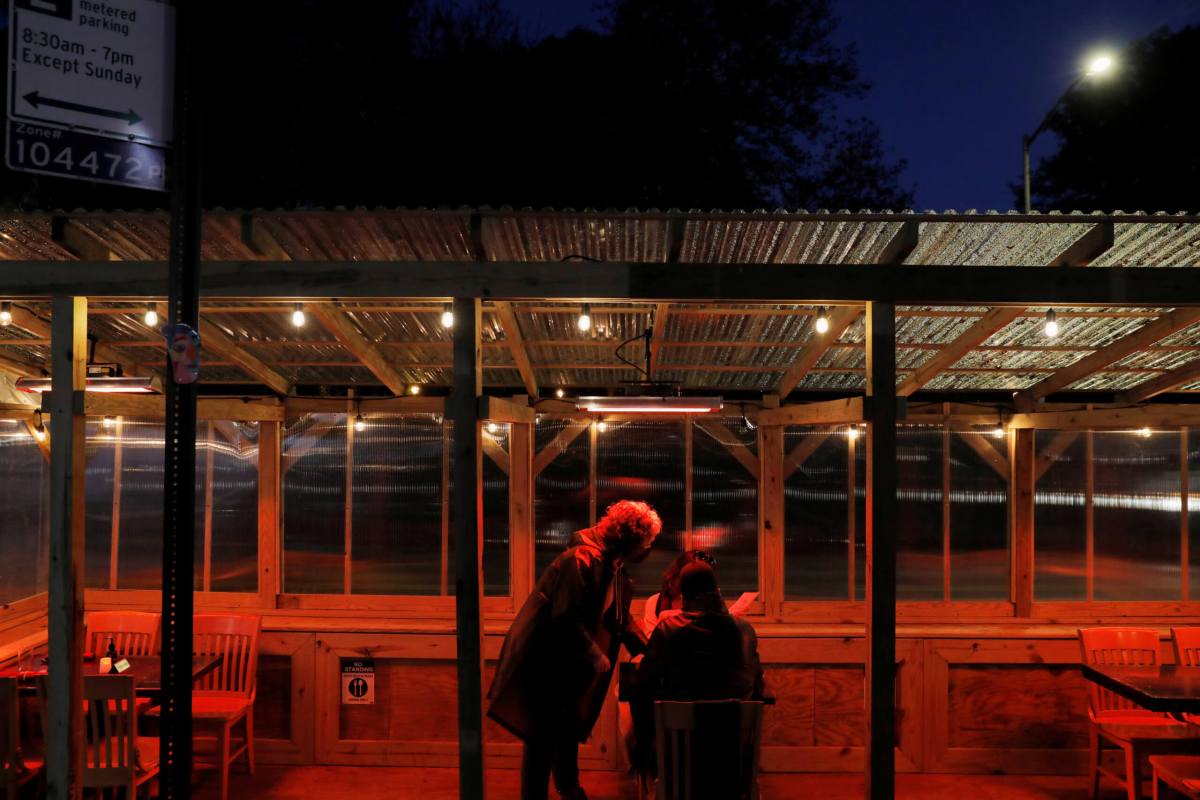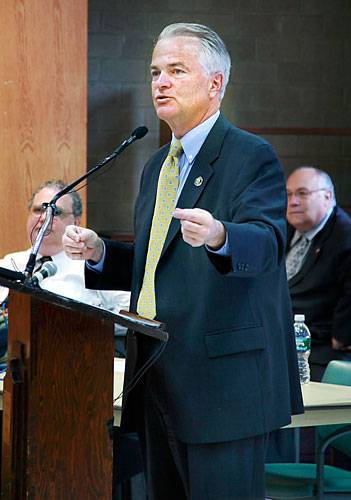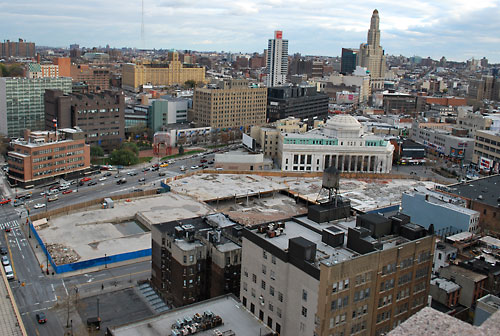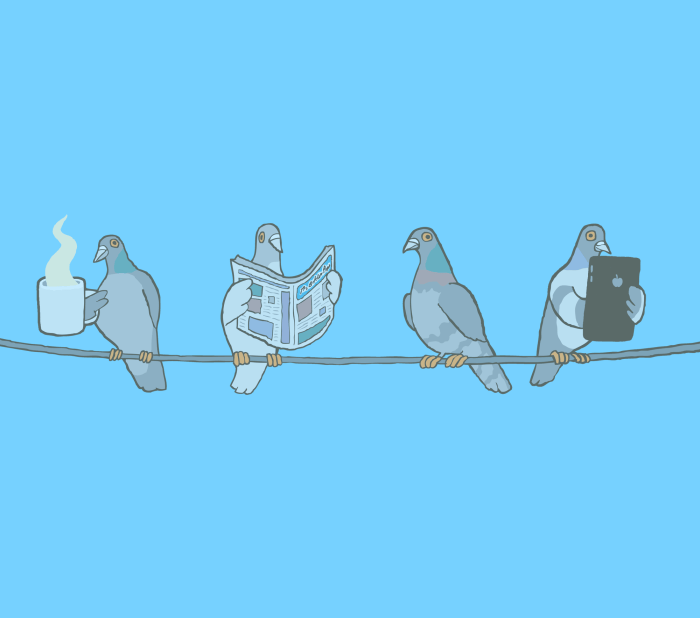Borough bar and restaurant owners are pleading for long-overdue relief to buoy their establishments until the end of the coronavirus pandemic.
“It’s pretty bleak, it’s been a really long and tumultuous road,” said Ivy Mix, co-owner of Leyenda, a cocktail bar in Carroll Gardens. “In general, restaurants and bars are closing at an ever-quickening rate. Stimulus from the government hasn’t happened.”
With little to no help from the government — and indoor dining now banned — bar and restaurant owners across the five boroughs are advocating for aid at the federal, state, and local levels along with national organizations like the Independent Restaurant Coalition and more hyperlocal groups like Save NYC Bars, which works to give business owners a voice in city government.
One Brooklyn bar owner said she’s joined the fight after seeing how out of touch elected officials are with the needs of restauranteurs.
“As owners and staff and seeing everybody hurt and people close, we were tired of people making decisions for us that have no idea what the decisions caused,” said Megan Rickerson, the co-founder of Save NYC Bars and the owner of Boerum Hill’s Someday Bar NYC.
Bars and restaurants are up against a nearly year-long deficit, and are trying desperately to keep their doors open while faced with restrictions dating back to March, Rickerson said. Amid evolving guidelines, advocates say the city’s formerly-burgeoning restaurant industry needs direct financial relief, as opposed to loans that need to be paid back later and moratoriums with end dates.
“We need a bailout, that’s what we need,” said Mix. “We need a life vest, and we are not getting it.”
Many of the city’s independent eateries did not find much relief in the federal Paycheck Protection Program earlier this year. The loans required recipients to use 75 percent of the funds for payroll, but many restaurant and bar owners weren’t just struggling to pay their employees, but also to pay for rent, food, and other expenses, Mix said.
“[PPP] doesn’t really do much for bars and restaurants, our staffing is much different,” she said, adding that many restaurants couldn’t justify holding onto employees when the establishments had to pivot to takeout only in the spring.
And while the latest $900 billion relief package includes PPP modifications that would allow for greater flexibility in how the money is spent, the new deal isn’t much better, according to advocates. Restaurant leaders instead are pushing for the passage of the Restaurants Act — a bill that would funnel money directly to independent restaurant and bar owners that would not need to be paid back.
“It is specifically made to support independent bars and restaurants,” said Mix, who has been working with the Independent Restaurant Coalition to advocate for the legislation. “It is made to be a grant and not a loan. I think it is the only way restaurants will survive.”
The act, introduced by Oregon Rep. Earl Blumenauer, earmarks $120 billion specifically to help restaurants and bars with fewer than 20 locations. Priority would be given to minority- and women-owned establishments — businesses Mix said are most in need of the financial assistance after lenders shut many of them out.
“This disease is already disproportionately affecting people of color,” Mix said, “and they are less likely to ask for help at the bank or get approved at a bank because of the color of their skin.”
With the bill in limbo, some local elected officials have taken matters into their own hands. State Sen. Diane Savino, who represents a swath of southern Brooklyn and Staten Island, proposed a package of legislation earlier this month that, if signed into law, would create a Hospitality Relief Fund. The fund would be subsidized by state commercial liability insurers, and serve as an insurance credit for business that did not operate at 75 percent of the year they were insured, according to the pol. It would also include amnesty for fines imposed by the State Liquor Authority.
“These businesses are not just places we enjoy a night out at, they employ hundreds of thousands of people and the products they purchase have an economic impact across the state,” Savino said in a statement. “This package is a step towards making them whole and ensuring that they can continue to operate here in New York.”
The timing is especially pertinent as city bars and restaurants are currently limited to take-out and outdoor dining — and as winter weather threatens the profitability of the latter.
“Indoor dining is closed. Our outdoor seating is covered in snow,” Mix said. “We can’t just make it work to pay our bills.”
More than 1,000 restaurants and bars have closed citywide, and even more are facing the same fate — something, advocates warn, will have a ripple effect throughout the food industry if there is no direct financial aid soon.
“If Congress doesn’t pass aid, immediately or imminently, we are going to see permanent closures,” Mix said. “It’s going to see bars across America closed with millions of people unemployed … not including the butchers, the liquor deliverers, and the people who grow my eggs.”























